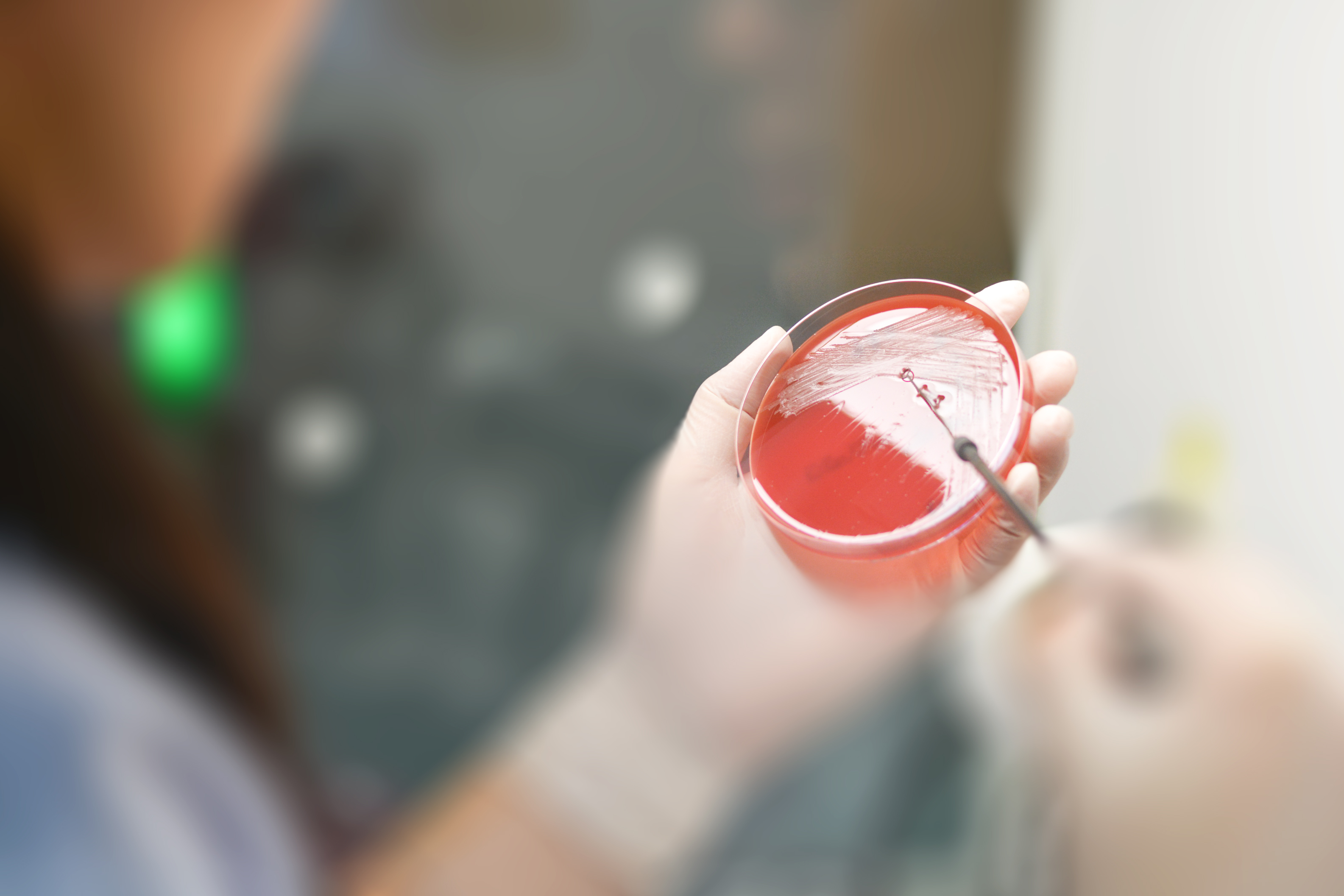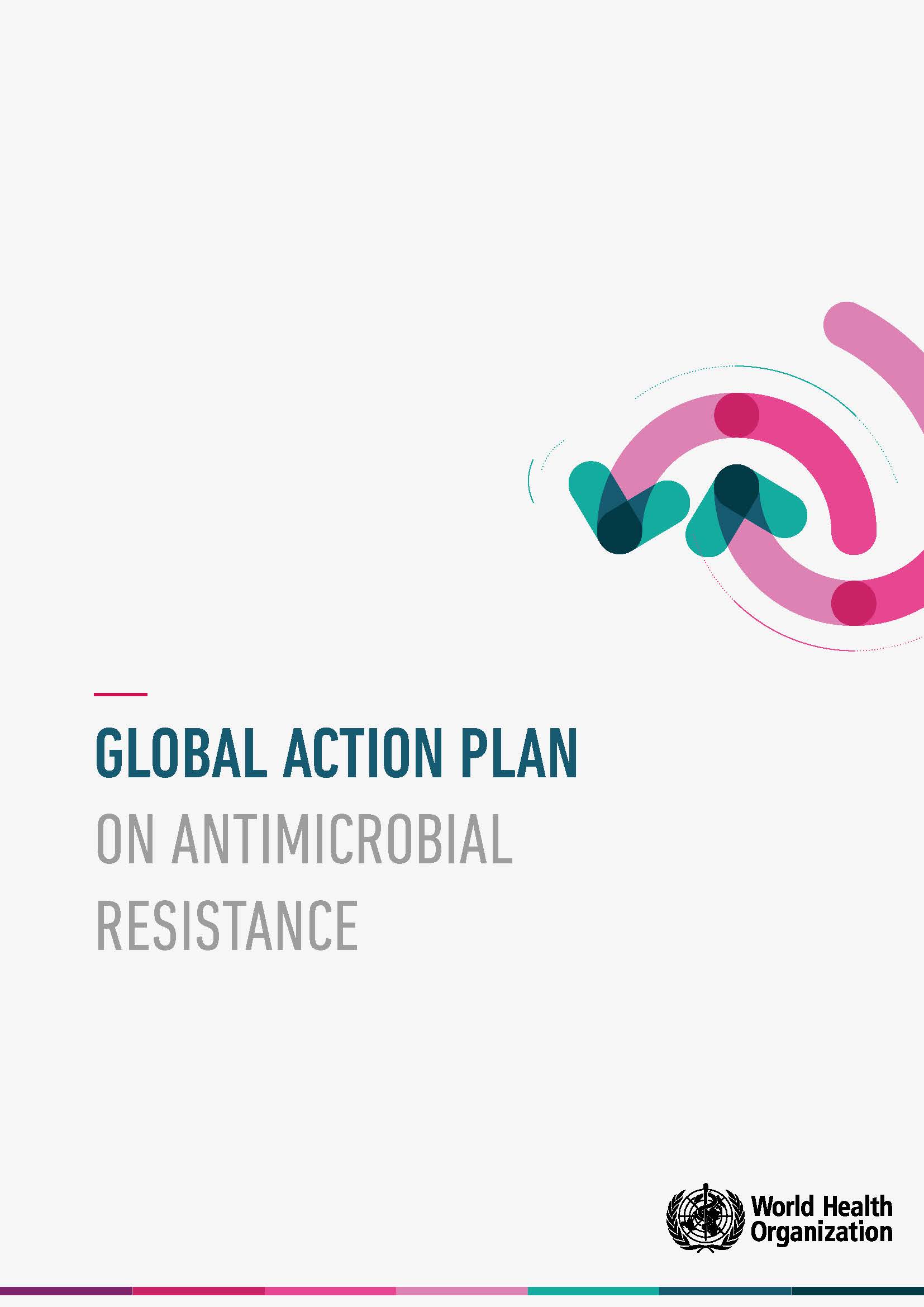Dr Monique Eloit, Director General of the WOAH.
We are implementing with our partners of the tripartite the project “Working together to fight antimicrobial resistance” under the One Health approach.
Most of the countries, which developed a PVS Mission, scored 3 or higher out of 5 on ability to regulate veterinary products.
19 countries answered the WOAH global questionnaire on the Use of Antimicrobial Agents in animals in 2016 (66%).
27 countries have a Focal Point for Veterinary Products.
10 countries developed National Action Plans, many others are developing them.
Workshop on Antimicrobial Resistance at the last Seminar of the American Committee Veterinary Medicinal Products (CAMEVET).
Antimicrobial agents are medicines used to treat infections, particularly those of bacterial origin. These medicines are essential to protect human and animal health, as well as animal welfare. Excessive or inappropriate use can lead to the emergence of resistant bacteria which do not respond to antibiotic treatment, as seen in recent decades. This phenomenon, called antimicrobial resistance, which poses a threat to disease control throughout the world, is a primary concern for human and animal health.
It is by ensuring the responsible and prudent use of these invaluable medicines in animals, in accordance with the intergovernmental standards of the WOAH that we will be able to safeguard their efficacy.
To achieve this, coordinated action between the human and animal health and environmental sectors is crucial.
Veterinarians are part of the solution; but they must be well trained and well supervised by the statutory veterinary bodies created by law.
Antimicrobial agents are a global public good.
We each have a role to play in the fight against antimicrobial resistance and, in so doing, can protect the efficacy of these vital treatments and, by the same token, our future.
To know more about the WOAH work against the Antimicrobial Resistance, enter here.


